Despite Apple's recent rule change, it has been a bumpy few days for emulators on the App Store as small developers fear the wrath of Nintendo and others.
Software emulation has been around for decades and is perfectly legal, at least the technology is. The implementation of emulators, business models, and how users obtain games live in this unchallenged legal gray area that developers are scared to test.
The Google Play Store doesn't restrict developers from submitting emulators either, and plenty of popular versions exist. So, since Apple now allows emulators on the App Store, the world has been standing by waiting for a flood of software built to play old video games — yet it hasn't arrived.
The latest emulator, called Bimmy, came and went in a matter of hours. It was capable of running NES games with the applicable ROMs.
Bimmy was pulled by the developer Tom Salvo without any action from Nintendo or Apple. According to a MacRumors forum post, he pulled it out of fear of reprisal.
Tom Salvo's is clear about why he pulled the emulator.
Pulled by me, just out of fear. No one pressured me to, but I got more nervous about it as the day went on. Very sorry to get everyone's hopes up, but hopefully hopefully there will be other more brave devs than me in the future.
The latest removal comes only two days after another public mishap where a developer accidentally violated a license for open source code. The Gameboy emulator was quickly removed after the developer was accused of publishing shovelware filled with ads.
Apple's emulator guidelines don't say much about legality, but it appears to lay the blame at the developer's feet if any legal action is sought. Again, emulators are legal if implemented correctly — it's the ROMs that live in a legal gray area.
The legality of emulators and ROMs
A ROM is simply the data file found on a game disc or cartridge, the Read Only Memory which can be legally obtained if removed from original hardware. Users are expected to obtain ROMs legally, though finding them on the web isn't difficult.
The ease at which old software can be pirated is a problem for game companies. It removes a potential revenue stream (one these companies seem to have no intention of pursing anyway), but like when people pirated music in the 2000s, it's difficult to enforce and pursue in court.
Instead, companies like Nintendo try to use laws like the Digital Millennium Copyright Act, or DMCA, to take down emulators. Nintendo successfully took down Yuzu, a Switch emulator, because it cracked the console's encryption, thus violating the DMCA.
Other emulators don't need such sophisticated methods to run classic software. Therefore, without the DMCA, there isn't a legal basis to pursue most of these emulators core software — at least not yet, anyway.
Developers like Tom Salvo are worried about becoming a legal precedent. If Nintendo decided to try its luck against an emulator published in Apple's App Store, it could be successful.
For whatever reason, the same level of scrutiny hasn't been brought to Google's Play Store, where emulators exist by the bucketload. Perhaps the legal gray area protects these emulators, and Apple's App Store will soon be filled with them.
The only way to find out is if a high-profile emulator succeeds at being published to the App Store and remains without a challenge. The problem is finding a developer willing to risk a showdown with Nintendo or Sony.
Still waiting on a high-profile emulator for iOS
All eyes are on Riley Testut and his handful of emulators. He created GBA4iOS to emulate Gameboy games, and then he followed up that project with Delta, which can run everything from NES to N64.
However, Testut has remained quiet about his intentions to bring Delta or GBA4iOS to Apple's App Store. It could prove a conflict of interest as he brings AltStore online as an alternative app marketplace in the EU.
Some speculate Apple's purpose for allowing emulators now, after fighting against the idea since the conception of the App Store, is to undercut Testut's efforts to implement AltStore in the EU. The timing of Apple's guideline update suggests as much.
Many questions still remain about emulation on iOS and Apple's other platforms. While Apple seems ready to approve Gameboy and NES emulators, we've yet to see emulators that require system BIOS files like PlayStation One.
There's no reason why even Nintendo Gamecube or Wii can't run on an iPhone or iPad beyond legal issues. We'll just have to wait and see who is willing to take the gamble between App Store success and lawsuit hell.
 Wesley Hilliard
Wesley Hilliard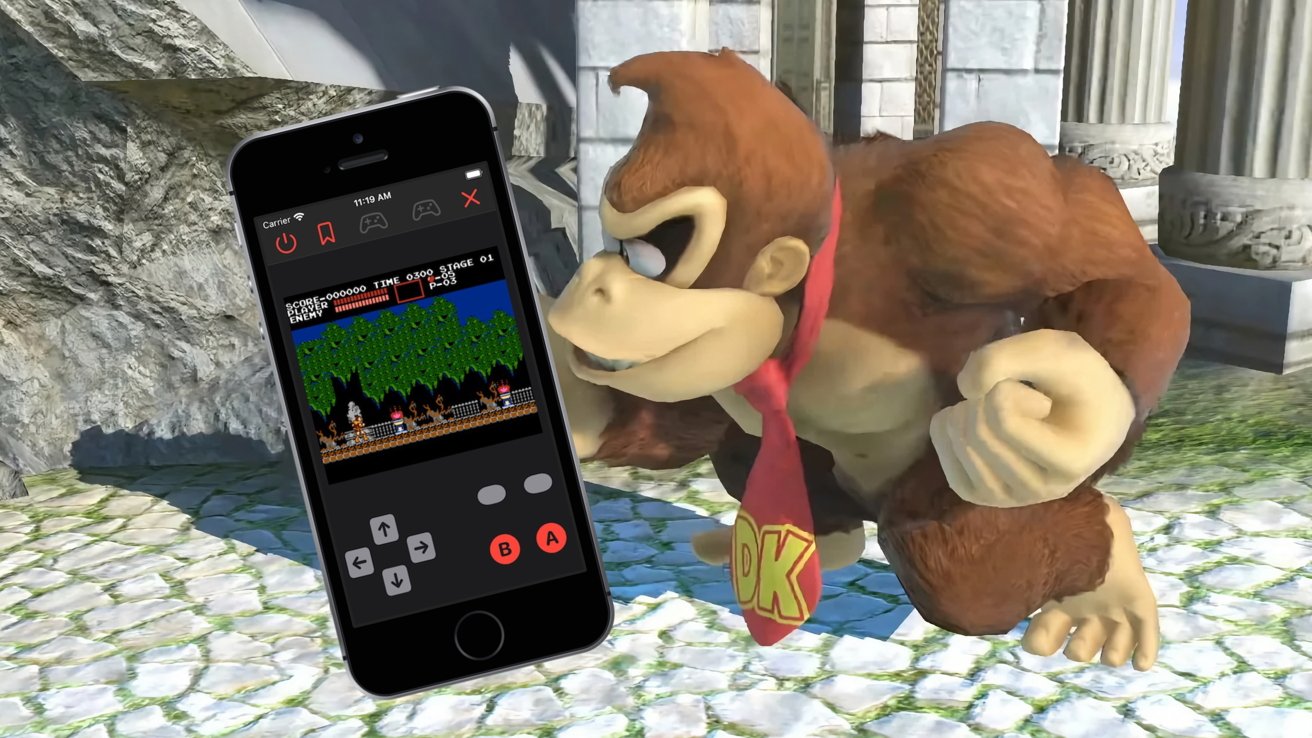
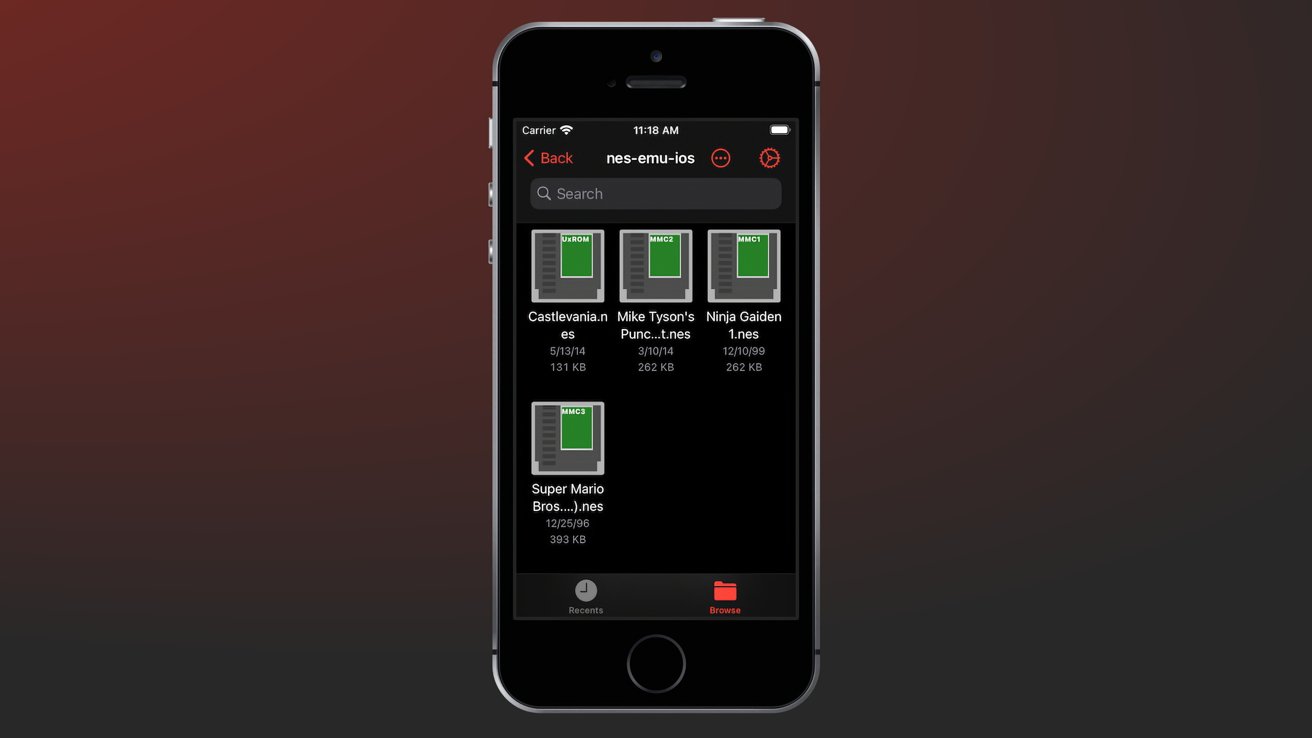
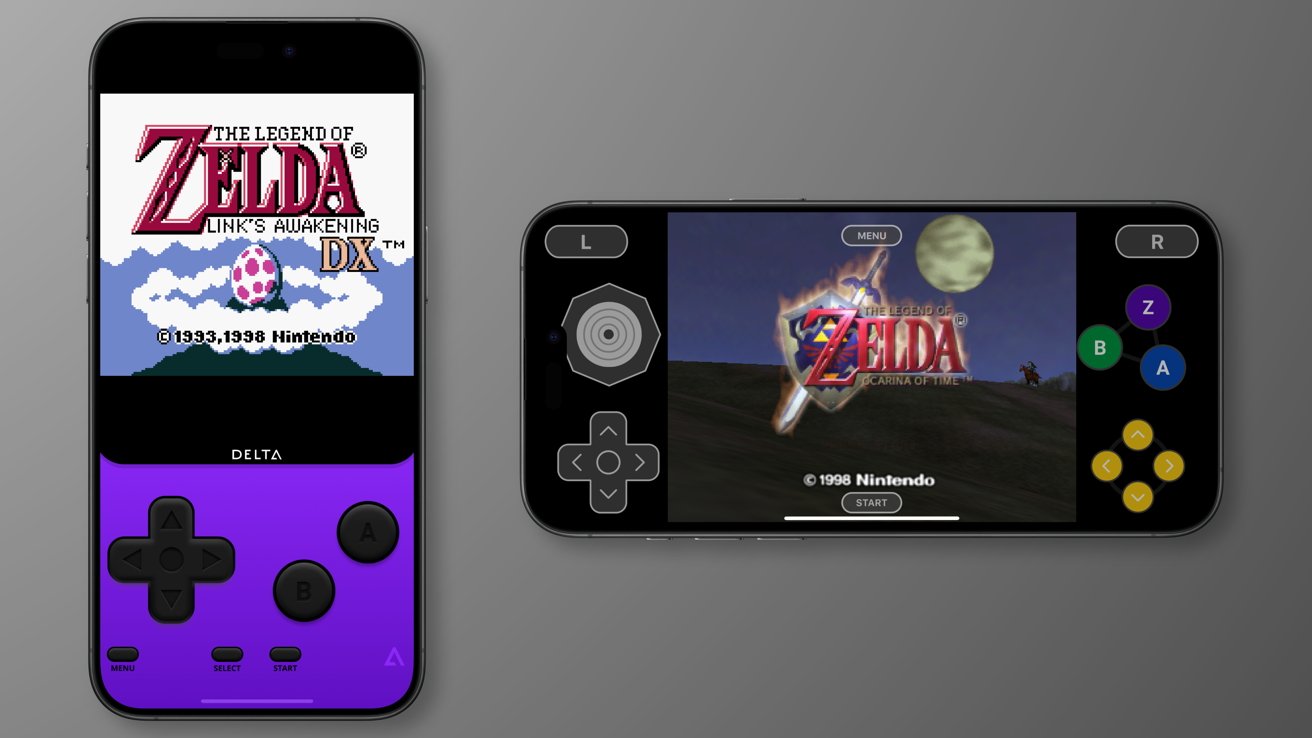







-m.jpg)






 Bon Adamson
Bon Adamson
 Marko Zivkovic
Marko Zivkovic

 Amber Neely
Amber Neely

 Malcolm Owen
Malcolm Owen
 William Gallagher
William Gallagher
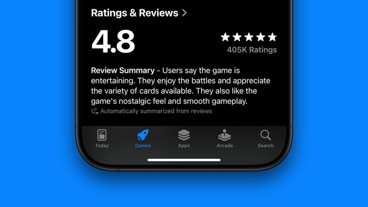
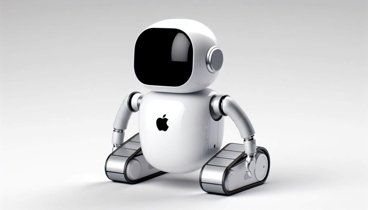
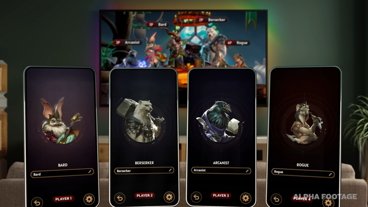


-m.jpg)



13 Comments
The article comments “
I for one pay a subscription to Nintendo just to be able to play all the old games. Software piracy costs Nintendo. It’s a crime, plain and simple.
Nintendo has a right to not allowing their IP to be pirated.